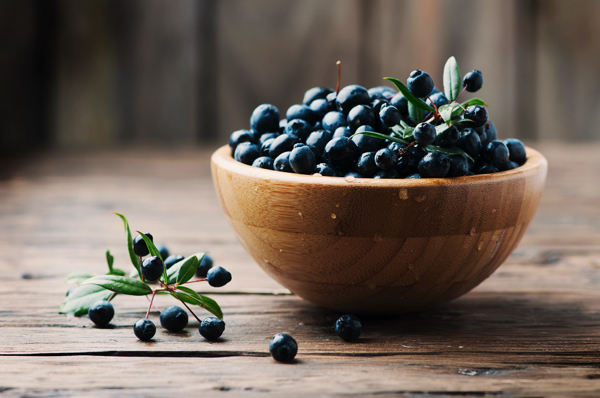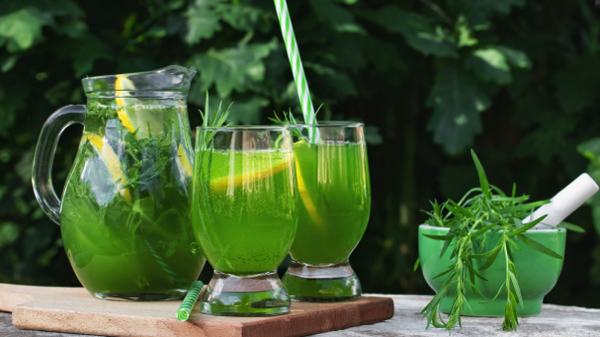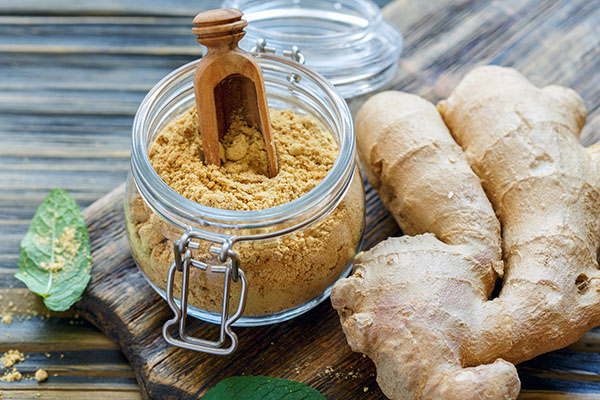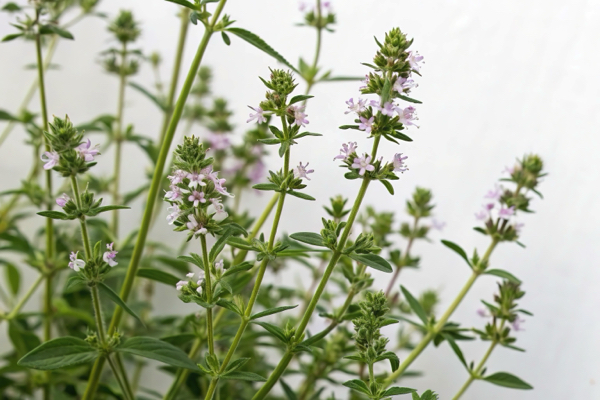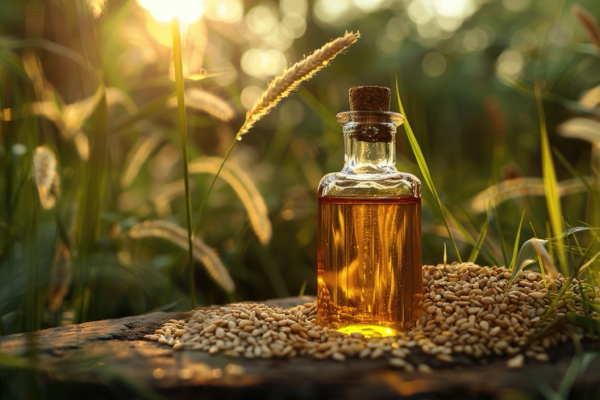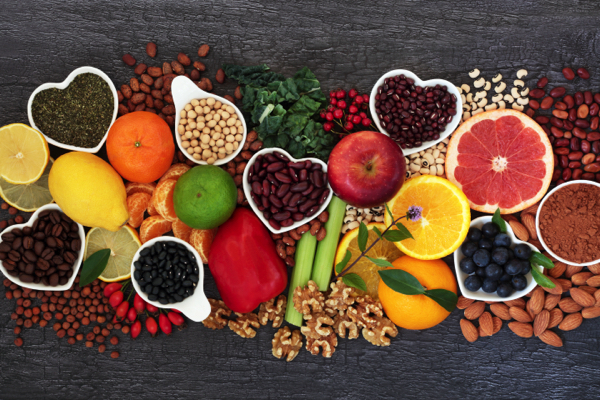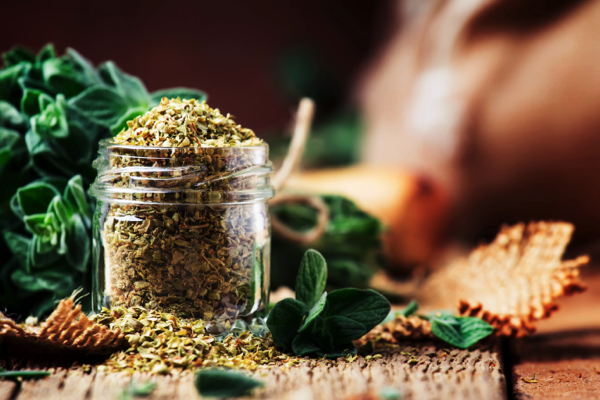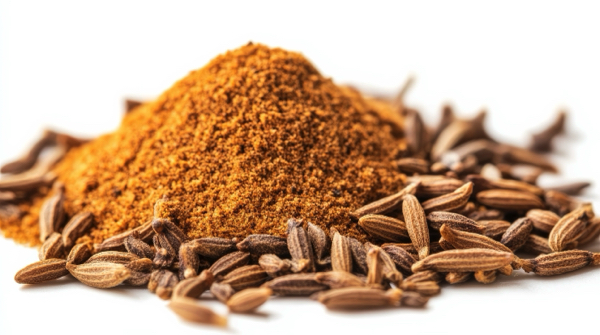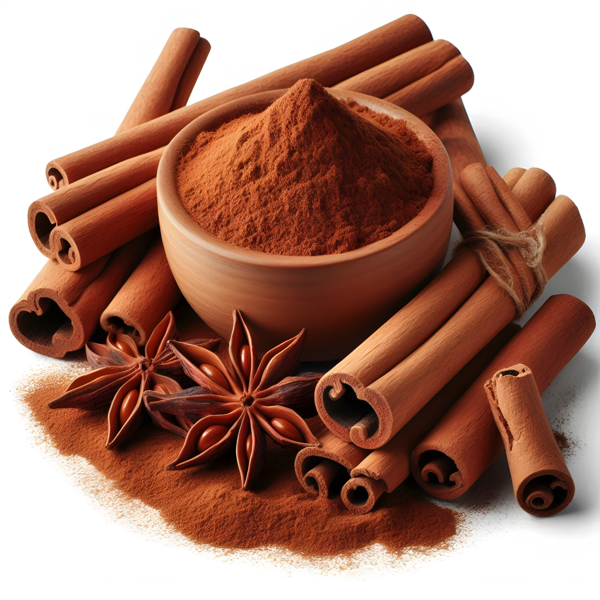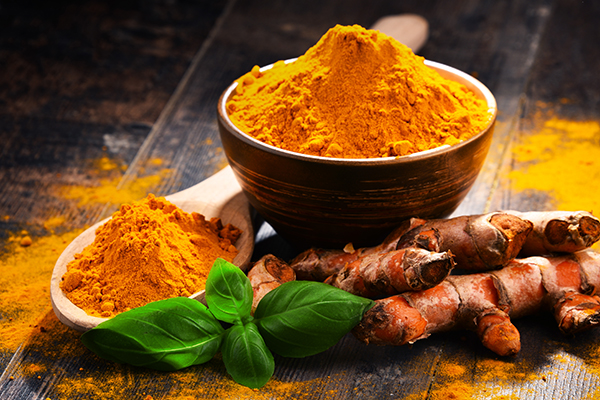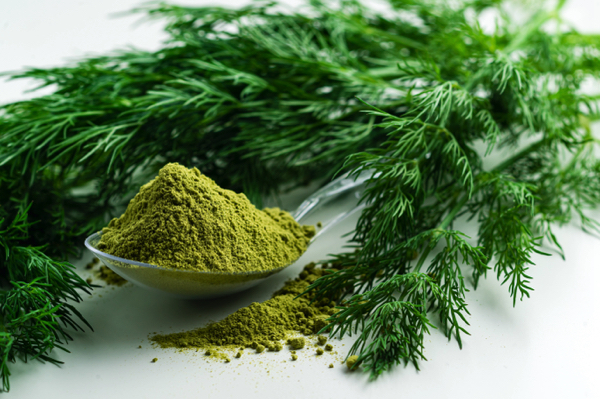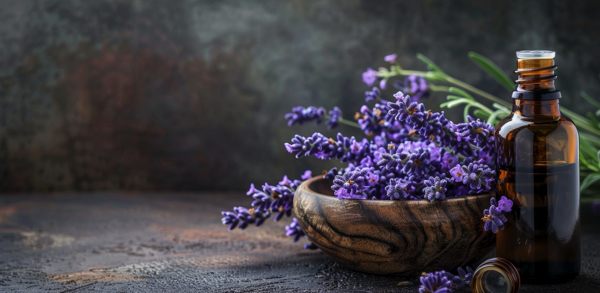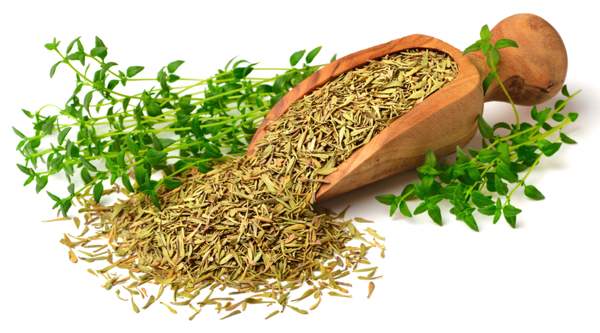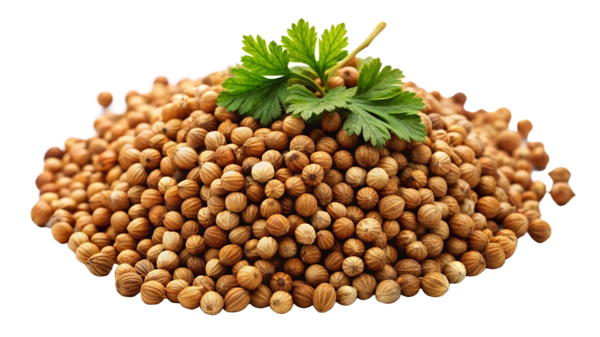Caraway: A potent medicinal herb for disease prevention
11/20/2024 / By Olivia Cook
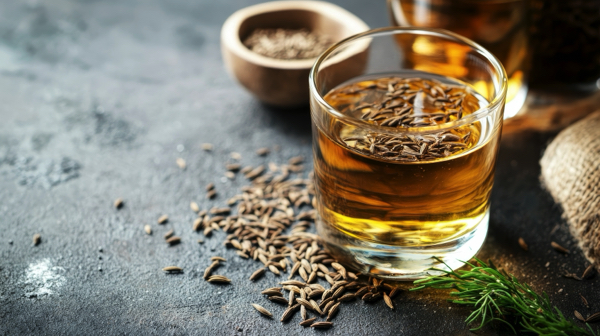
Caraway, known scientifically as Carum carvi, has a legacy that goes back thousands of years. Traditionally recognized for its aromatic seeds and culinary appeal, caraway has also long been valued for its medicinal properties.
Modern science is shedding new light on caraway’s value as a medicinal plant, especially in the prevention of various diseases. Studies published in scientific journals, including Natural Products and Bioprospecting, highlight caraway as a medicinal plant with promising applications in disease management.
Nutritional goldmine inside caraway seeds
Caraway seeds, rich in essential oils like carvone and limonene, contain bioactive compounds that researchers believe may offer support for digestive health, inflammation and even heart health. Listed below are some of caraway’s medicinal properties:
Fiber. Caraway seeds are notably rich in dietary fiber, which is essential for digestive health. Fiber aids in maintaining balanced cholesterol levels, supports regular bowel movements and even contributes to health health by reducing the risk of cardiovascular issues.
Vitamins and minerals. Caraway seeds offer a balanced mix of vital nutrients, including vitamins A, C and E, as well as minerals like calcium, iron, magnesium and potassium. Calcium, for instance, is crucial for bone strength, while magnesium and potassium help regulate blood pressure and maintain healthy cardiovascular function.
Essential oils and their compounds. Caraway fruits contain essential oils, with carvone, myrcene and limonene accounting for 95 percent of these oils. Carvone is the compound responsible for caraway’s distinctive aroma and has been investigated for its potential antioxidant and digestive benefits. Meanwhile, myrcene and limonene add to caraway’s aromatic complexity and may also provide anti-inflammatory and antimicrobial effects, according to research.
Fatty acids and proteins. Caraway seeds are an excellent source of essential fatty acids, such as linoleic, oleic and petroselinic acids. These fatty acids support heart health and help maintain healthy skin. In addition, caraway seeds contain around 20 percent protein. making them a valuable plant-based protein source, and about 15 percent carbohydrates – offering a balanced macronutrient profile.
Flavonoids and phenolic compounds. Caraway boasts a range of phenolic compounds, such as caffeic acid, and flavonoids, such as kaempferol and quercetin. These compounds are known for their strong antioxidant properties, which help neutralize free radicals in the body. By reducing oxidative stress, antioxidants play a crucial role in reducing the risk of chronic diseases and supporting cellular health.
Additional compounds. Caraway seeds contain alkaloids, tannins and terpenoids, which have been found to have digestive benefits. For example, tannins may help reduce digestive discomfort, while alkaloids and terpenoids are being researched for their potential roles in reducing inflammation and supporting immune health.
Science-backed health benefits of caraway
When used medicinally, caraway can be made into a tea or taken as a supplement. You can also apply its essential oils to your skin. Here are some of the ways caraway benefits your health, according to studies:
Functional dyspepsia relief
Functional dyspepsia, a common digestive disorder characterized by discomfort and pain in the upper abdomen, may benefit from caraway’s therapeutic properties.
In multiple clinical trials, participants with functional dyspepsia took enteric-coated capsules containing caraway oil and l-menthol (a cooling compound found in peppermint). In one study, participants taking the caraway-menthol capsules reported greater symptom relief compared to those taking a placebo. Symptoms, such as fullness, heaviness and pressure decreased significantly in the caraway group, which also reported fewer epigastric pain symptoms.
In another large-scale trial, patients with functional dyspepsia who took a similar caraway-menthol combination experienced an impressive 62 percent reduction in symptoms, compared to a 26 percent reduction in the placebo group.
Additionally, patients taking the caraway preparation reported improved quality of life scores. Another study comparing caraway-menthol capsules with the medication cisapride found that both treatments provided similar levels of relief for dyspeptic symptoms, such as discomfort and pain – with patients experiencing fewer side effects than those taking cisapride.
IBS relief
In a randomized trial, patients were treated with a hot caraway poultice – a type of warm compress infused with caraway oil – applied to the abdomen. Compared to control groups using either hot or cold olive oil poultices, those using the caraway poultice experienced significantly reduced symptom severity.
Additionally, patients in the caraway group saw improvements in stool consistency and overall IBS-related quality of life scores. Notably, there were no adverse effects associated with the caraway poultice – making it a potentially safe complementary option for irritable bowel syndrome (IBS) relief.
Caraway is also a key ingredient in iberogast – an over-the-counter natural herbal remedy commonly used in Europe and other parts of the world for gastrointestinal relief.
Caraway and thyroid health
In one study, patients with papillary thyroid carcinoma (the most common type of thyroid cancer) saw beneficial effects when caraway supplements were combined with the thyroid medication levothyroxine.
Participants taking a 40 mg/kg/day caraway capsule, alongside their usual dose of levothyroxine, experienced an increase in their thyroid-stimulating hormone (TSH) levels after two weeks. However, caraway also contributed to a decrease in levels of the thyroid hormones T3 and T4. Interestingly, after patients stopped taking caraway, TSH levels returned to normal within five months.
These findings suggest that caraway could influence the thyroid’s hormonal balance, though further research is needed to fully understand its effects and to ensure safe use with other medications.
Weight management
A trial explored the effects of caraway water – a distilled extract of caraway seeds – on weight loss in women with high body mass indexes (BMIs). In this randomized, placebo-controlled study, participants drank 30 ml of caraway water 20 minutes before lunch every day for three months. Compared to a placebo group, the women taking caraway water showed a significant reduction in body fat percentage, body mass index, waist circumference and weight.
The caraway group also reported decreased appetite, particularly for carbohydrates, though their intake of fats and proteins remained unchanged. Importantly, there were no notable changes in blood pressure, cholesterol levels or heart rate – suggesting caraway water may be a safe option for those looking to manage their weight.
Read more stories like this at NaturalCures.news.
Watch this video about the benefits of caraway.
This video is from the Daily Videos channel on Brighteon.com.
More related stories:
Caraway seeds are rich in fatty acids and nutrients and can treat indigestion.
Herbs and honey: 7 Natural home remedies for a cough.
Science-backed benefits of the small but mighty caraway seeds.
Sources include:
Submit a correction >>
Tagged Under:
alternative medicine, ancient spice, Bible herbs, Caraway, caraway essential oil, caraway seeds, Carum carvi, disease management, food cures, food is medicine, functional food, herbal medicine, natural cures, natural medicine, natural remedies
This article may contain statements that reflect the opinion of the author
RECENT NEWS & ARTICLES
FoodIsMedicine.com is a fact-based public education website published by Food Is Medicine Features, LLC.
All content copyright © 2018 by Food Is Medicine Features, LLC.
Contact Us with Tips or Corrections
All trademarks, registered trademarks and servicemarks mentioned on this site are the property of their respective owners.

